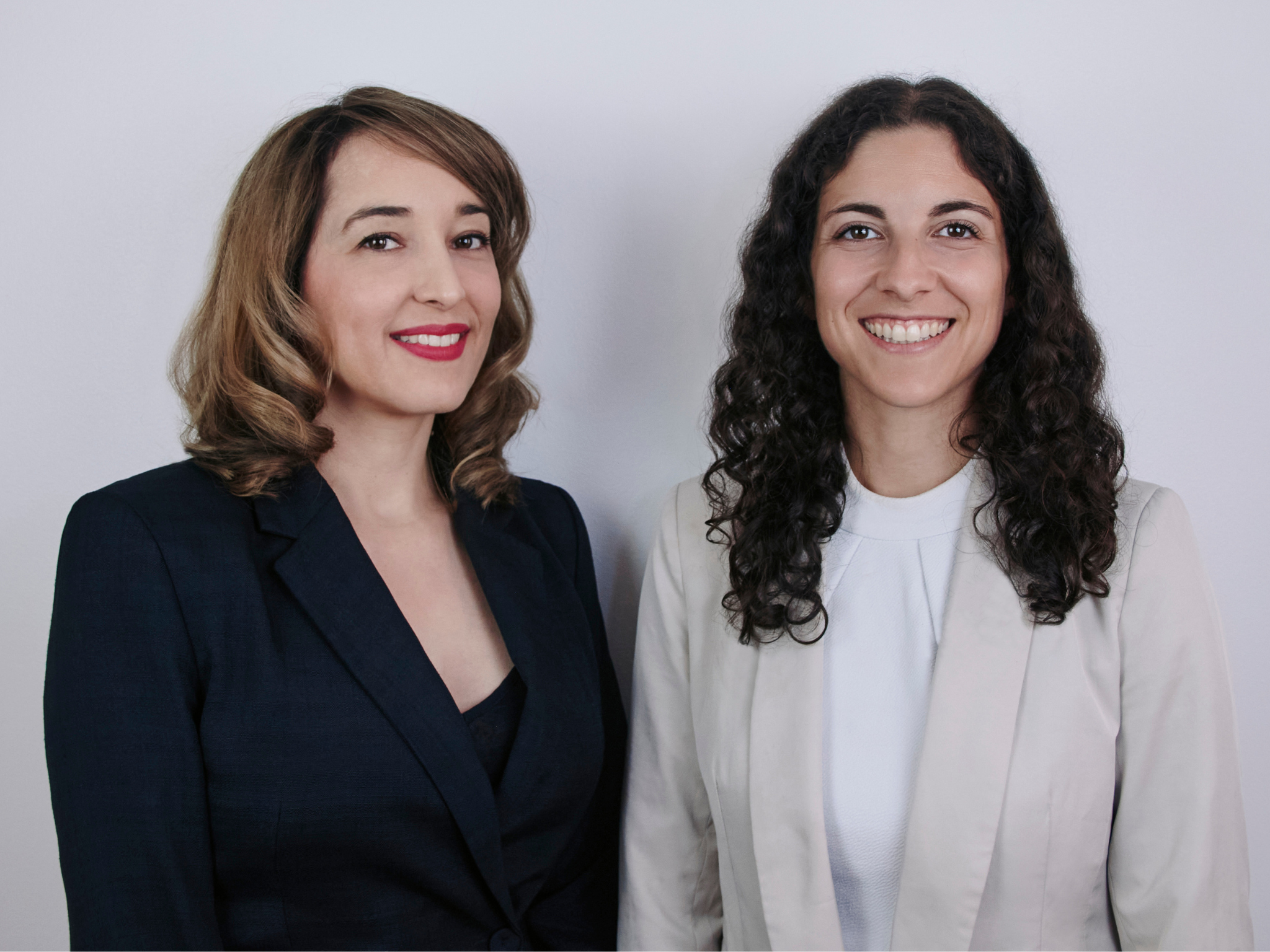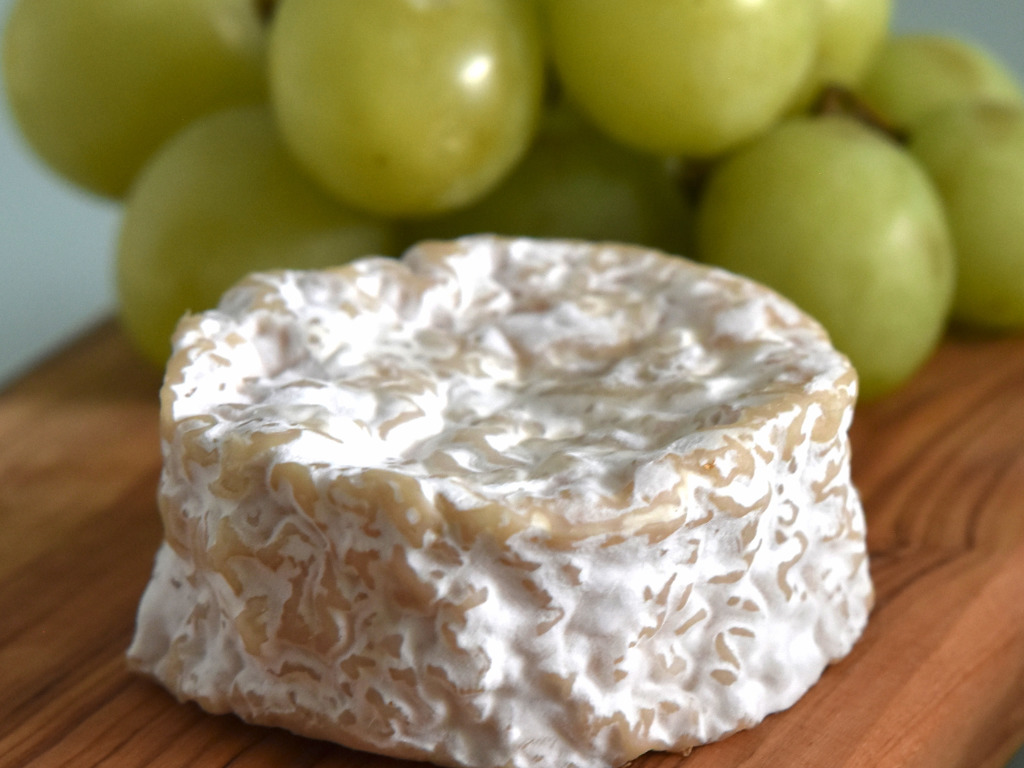
French precision fermentation startup Nutropy has raised €7M ($8.1M) to scale up its casein proteins, targeting a launch of its “cheeseable milk” powder in 2027.
The demand for dairy is rising sharply just as the number of farmers is plummeting. Estimates suggest that global milk shortages could reach 30 million tonnes by 2030. At the same time, many plant-based alternatives, like vegan cheese, continue to be a hard sell for consumers.
France’s Nutropy is aiming to fill this gap by producing milk proteins via precision fermentation. It makes a plug-and-play powdered solution for companies to develop future-friendly dairy products that meet taste, nutrition and sustainability expectations all at once.
The startup has just raised €7M ($8.1M) in an oversubscribed funding round led by Big Pi Ventures and Zero Carbon Capital, with participation from existing backer Big Idea Ventures and new investors Beta Lab, Wyngate, cheese producer Paul Dischamp, Desai Ventures and PVS Investments, and Axel Johnson’s Novax.
Nutropy also attracted public financial support from European and French programmes, notably Bpifrance, the state-owned investment bank. It takes the firm’s total raised past $10M, following its pre-series investment round in 2022.
“The funds will be used for our scale-up and providing larger samples to food producers,” says CEO Nathalie Rolland, who founded the startup in 2021 with CSO Maya Bendifallah.
Nutropy turns animal-free casein into ‘cheeseable milk’

To safeguard the future of cheese, Nutropy is focusing on casein, the main protein group found in dairy. These are responsible for the meltability and stretchability of cheese.
The startup programmes microorganisms to produce casein proteins identical to those found in cow’s milk. “We start by feeding our microorganisms with sugars and other nutrients in bioreactors. Then the microorganisms secrete the caseins in the broth, and we harvest them,” explains Bendifallah.
The company hasn’t disclosed the microbial strain Nutropy is using, though she notes that the firm uses first-generation feedstocks today and is working towards using more brute and sustainable feedstocks in the future.
There are four kinds of casein proteins in cow’s milk, which self-organise into micelles. These are highly hydrated spherical structures that serve as a building block for the functional and nutritional attributes of dairy products.
Some precision fermentation startups are working on developing all forms of casein. While Nutropy has conducted research on the four types, it is currently only focusing on the larger-scale production of some of them.
“We have developed expertise in micelle production and have demonstrated that we do not need all four caseins to produce micelles,” says Bendifallah. “We define our micelles as functional casein aggregates that serve the purpose of micelles, but are not necessarily identical to the bovine micelles with all four caseins in their original ratios. Micelles are essential for the texture, mouthfeel and behaviour of cheese.”
Once harvested, the casen proteins are functionalised and mixed with other plant-based ingredients to make what Nutropy has termed a “cheeseable milk” powder.
Functionalisation, she says, is key to developing dairy products with the right softness, creaminess or flavour: “We work on ensuring the caseins are able to create the ideal protein network for the targeted functionality, for example, through micelle formation or other functionalisation methods we cannot disclose.”
Plug-and-play and biotech-forward model impresses investors

So how can companies use Nutropy’s ingredient? “Once our cheeseable milk powder is mixed with water, it behaves like traditional milk, with the advantage of significantly reduced waste,” says Bendifallah.
“Conventional milk has whey sidestreams that have to be managed by the dairy industry, while our product is more efficient (as we don’t add anything that we don’t want in the final product). Manufacturers can use their usual equipment to curdle it and make cheese.”
Rolland says that cheese is a starting point: “We focus on providing solutions that fit the needs of our food and industrial partners. Today, the biggest gap is in cheese, but there is also interest in yoghurt, milk and ice cream.”
Nutropy conducts its R&D at Genopole, the largest biocluster in France, and will scale up with external partners in 2026, producing its industrial prototype at a demo scale.
“We target to be a price parity at launch for certain types of products, where clients pay the same amount to purchase our raw materials to make 1kg of cheese, for example, as they would purchasing cow’s milk,” says Rolland. “Later, thanks to the improvement of our whole process, we’ll be able to reach price parity for other products requiring higher casein inclusion rates.”
The company has been in talks with food and dairy companies even before its founding, and they have shown interest in receiving larger samples of its precision-fermented milk powder.
“Our target markets are North America, Europe, particular Asian countries, as well as the Middle East,” the CEO reveals when asked about Nutropy’s regulatory plans. “We hope to have our first right to sell in 2027.”
Its €7M raise comes in the most onerous food tech funding environment in a decade. How did Nutropy convince investors to come aboard? “Fundraising is about finding the right partners who share your vision,” says Rolland.
“Our investors like our B2B plug-and-play formulated ingredient and functionalisation approach. We have been driven by our desire to facilitate the adoption of our innovative raw materials by working on protein and food science from the beginning of our venture. They also value our passion and commitment to improving food systems through biotechnology.”
The post Exclusive: With $8M In Funding, France’s Nutropy Eyes 2027 Launch of Animal-Free Cheese appeared first on Green Queen.
This post was originally published on Green Queen.